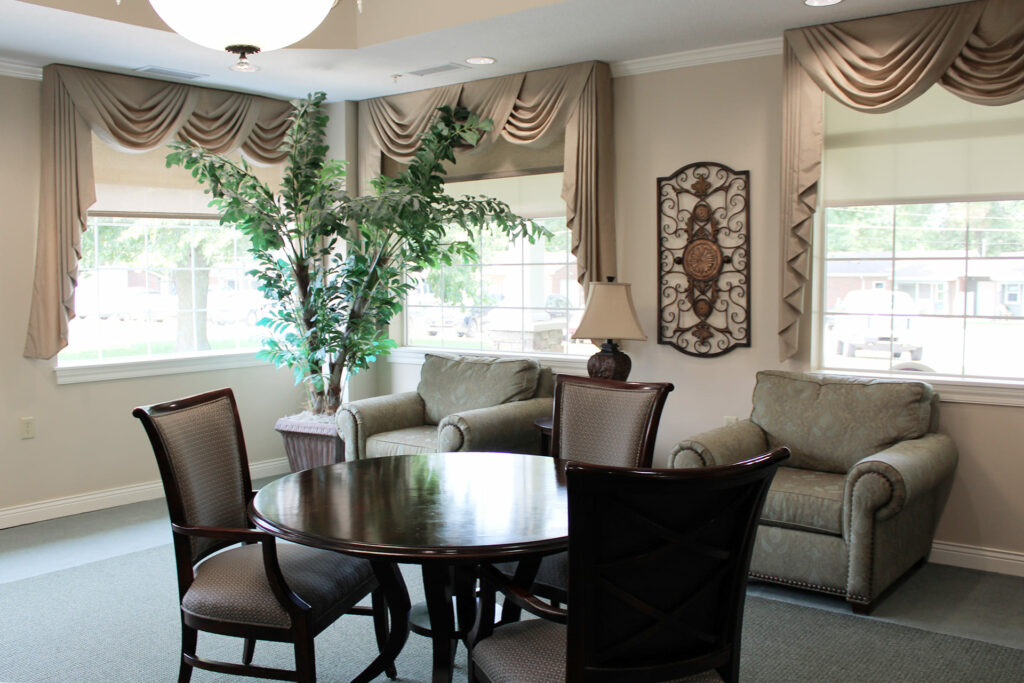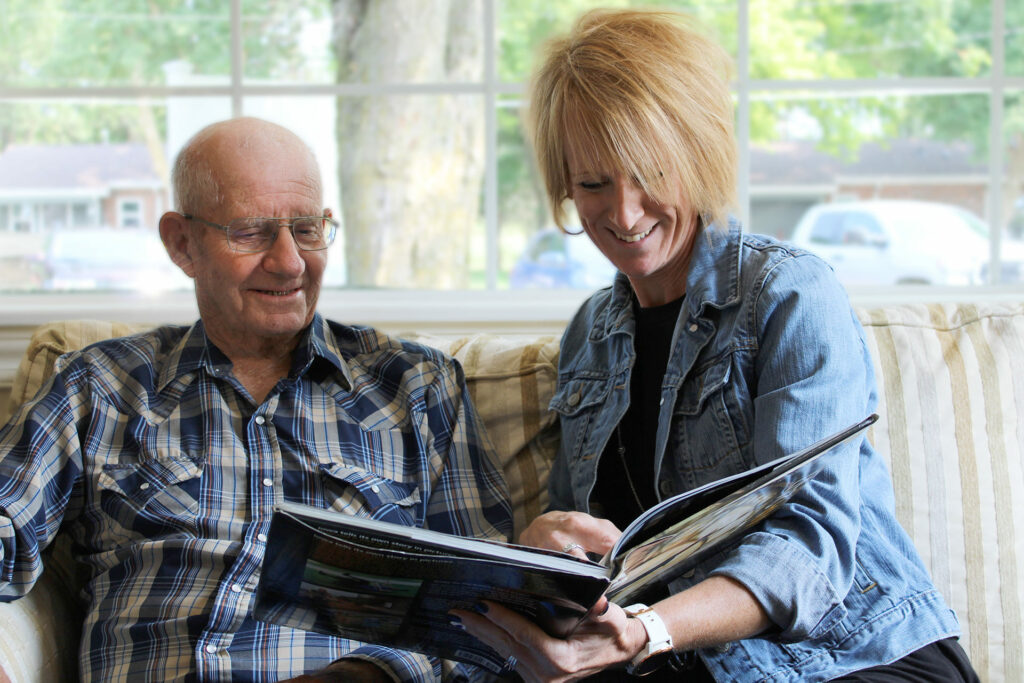Caring for a spouse or loved one with memory loss can be a profoundly emotional and challenging journey. As their needs evolve, you may question when it’s the right time to seek specialized care. Memory care, a form of long-term care designed specifically for individuals with Alzheimer’s, dementia, or other memory impairments, can provide a safe, structured environment tailored to their needs. But how do you know when it’s time to make that transition?
- Increased Safety Concerns
One of the most significant indicators that memory care may be necessary is when your loved one’s safety is at risk. Individuals with dementia often experience confusion and disorientation, which can lead to dangerous situations, such as:
- Wandering and getting lost
- Forgetting to turn off the stove or other appliances
- Falling or having difficulty moving around the home safely
- Failing to take medications properly
- Difficulty with Daily Activities
Memory loss can gradually make it difficult for individuals to manage their daily routines. Tasks that were once second nature—like dressing, bathing, cooking, and managing finances—may become overwhelming or impossible. If your spouse or loved one is struggling with essential self-care or cannot perform everyday tasks without assistance, this may be a sign that memory care is needed.
- Escalating Caregiver Stress
Caring for a loved one with memory loss can be both physically and emotionally draining. You may start to feel overwhelmed, especially as their condition progresses. Increased stress, burnout, and declining health indicate that professional help may be necessary. It’s essential to recognize that seeking memory care is not a sign of failure but rather an acknowledgment of the specialized care your loved one needs—and that you deserve support, too.
- Social Isolation or Withdrawal
As dementia progresses, individuals may withdraw from social interactions or exhibit signs of loneliness. They may no longer be able to engage in the same activities they once enjoyed, and socializing may become increasingly difficult due to communication barriers or memory problems. This isolation can exacerbate feelings of confusion and frustration.
- Declining Health
Individuals with dementia may begin to neglect their health. This can manifest as weight loss, poor hygiene, missed medical appointments, or untreated health issues. Suppose you notice that your loved one is experiencing significant health declines or is no longer able to manage their medical needs. In that case, a memory care facility can provide the necessary medical oversight and monitor their health closely.
Making the Decision
Deciding when to move a spouse or loved one into memory care is deeply personal and often accompanied by feelings of guilt or uncertainty. However, it’s important to remember that memory care offers the specialized attention and safe environment your loved one needs as their condition progresses.
Contact us today if it’s time to consider memory care for your spouse or loved one. We’re here to help you navigate this difficult decision and find the right solution for your family.





